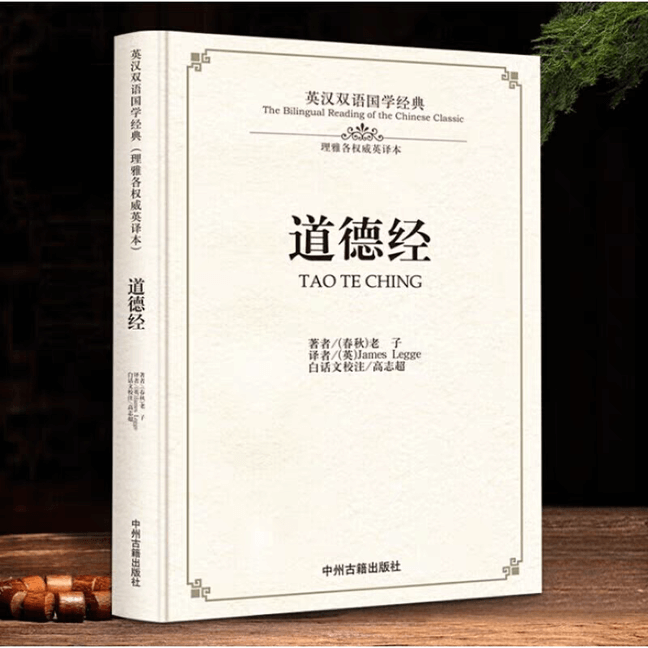Longhu Mountain Store
Tao Te Ching – Die daoistische Schrift der Erleuchtung, verfasst von Laozi
Tao Te Ching – Die daoistische Schrift der Erleuchtung, verfasst von Laozi
Verfügbarkeit für Abholungen konnte nicht geladen werden
Bucheinführung
Das „Tao Te Ching“, ein Meisterwerk der altchinesischen Philosophie, das dem Weisen Laozi zugeschrieben wird, besticht durch zeitlose Weisheit und Einfachheit. Unterteilt in das Tao Te Ching und das Te Tao Ching, verkörpert dieses tiefgründige Werk die Prinzipien des Daoismus.
In poetischen Versen ergründet Laozi das Wesen des Universums, die menschliche Natur und das Streben nach Tugend. Zentral für seine Lehren ist das Konzept des „Wu Wei“ – die Kunst des Nicht-Handelns, die ein Leben im Einklang mit dem natürlichen Fluss des Daseins befürwortet. Über eine Anleitung für die Staatsführung hinaus bietet es einen tiefgründigen Wegweiser zu persönlicher Harmonie und ethischem Leben.
Mit seiner prägnanten Sprache fesselt das „Tao Te Ching“ die Leser und lädt zur Reflexion über die Komplexität des Lebens und die Suche nach innerem Frieden ein. Seine anhaltende Relevanz ist kultur- und epochenübergreifend und macht es zu einem Leuchtfeuer für alle, die nach universellen Wahrheiten und einer friedvollen Verbindung mit den sich entfaltenden Rhythmen des Kosmos suchen. Dieser Klassiker bleibt eine Quelle der Inspiration für die Bewältigung der Herausforderungen des menschlichen Daseins.
Einführung des Autors
Laozi, der Weise des Daoismus, gilt als Verfasser des „Tao Te Ching“, eines grundlegenden Textes der chinesischen Philosophie. Über sein Leben ist wenig bekannt, doch seine Lehren betonen Harmonie, Demut und die natürliche Ordnung. Laozi’s Weisheit über Nicht-Handeln (Wu Wei) und den Weg (Tao) hat das östliche Denken über Jahrtausende hinweg tiefgreifend geprägt.
Aktie

Sammlungen
-

Einsteigerpaket
Taoistisches Einsteigerpaket: Der perfekte Startpunkt für Ihre spirituelle Reise. Dieses Paket enthält...
-

Beliebte Artikel
Begeben Sie sich auf eine Reise durch die tiefsten Abgründe von Taoistische...
-

Segensgegenstände
Segensartikel: Entdecken Sie unsere taoistische Segensserie – exquisite Anhänger aus heiligen Materialien,...




